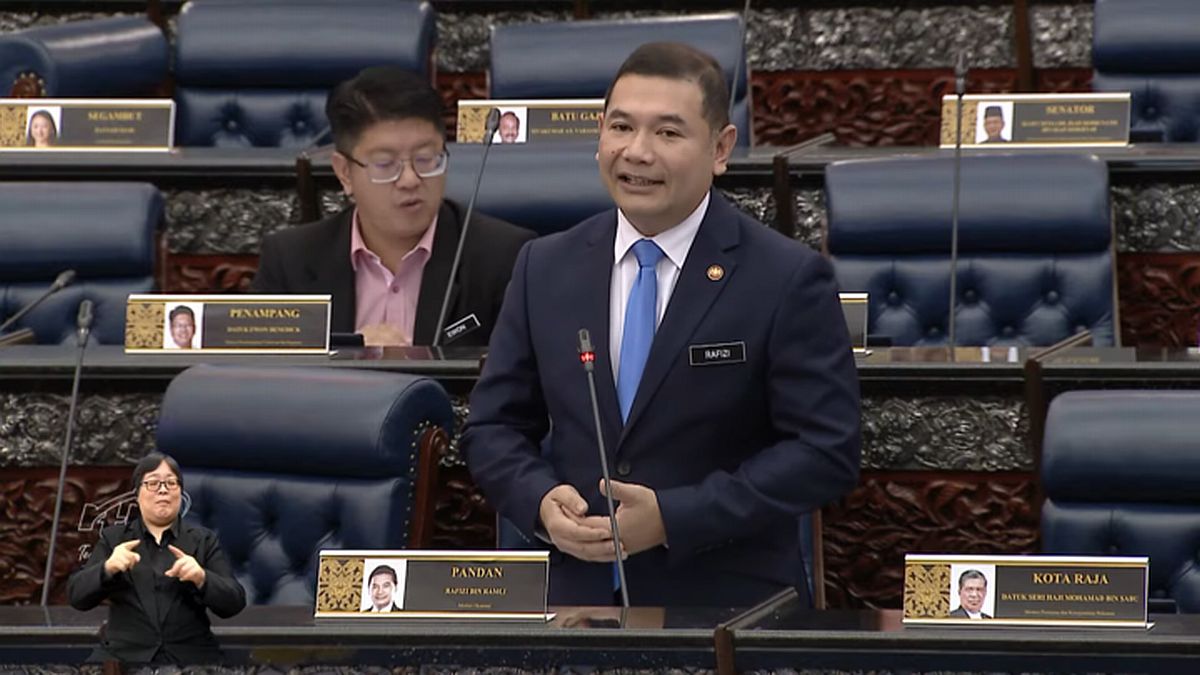KUALA LUMPUR, Feb 14 – The federal government will need to consider social safety net reforms, instead of simply providing cash assistance, to support full-time family caregivers, said Economy Minister Rafizi Ramli.
Rafizi, who is Pandan MP, told Parliament today that the labour market should also be more open to hiring people who are part-time caregivers, rather than sidelining them altogether, to ensure that the latter can remain productive.
“What we want to make sure firstly is that our employment sector is more open to hiring employees who are in this situation so that their productivity is not completely wiped out because there are times when they need to be at home, but there are also times when they can go out.
“So that is a question of the economic structure that we need to improve to ensure that employers are more open,” Rafizi said. “If there is a need for incentives, that is something that the government is considering.”
Rafizi was responding to a supplementary question by Ipoh Timor MP Howard Lee Chuan How who asked if the government will consider granting caregiver assistance or allowance, targeted at caregivers who are forced to quit their jobs to provide care for family members.
Lee is a first-term DAP MP from Perak, which has the highest old-age dependency ratio in the country. Perak has the highest old-age dependency ratio at 13.2, higher than the national median of 9.7, according to the federal census in 2020.
The old-age dependency ratio is the ratio of elderly people aged 65 and older – an age when they are generally economically inactive – per 100 individuals of working age from 15 to 64.
Malaysia is expected to reach the status of an aged nation by 2030, with people over the age of 65 making up more than 14 per cent of the population. The country has officially reached ageing status last year, with a projected 7.3 per cent of the national population aged 65 years and older. This is equivalent to some 2.4 million people.
Pakatan Harapan’s (PH) “Tawaran Harapan” manifesto for the 15th general election touts the creation of a care economy, with the planned tabling in Parliament and implementation of a National Care Economy and Ageing Community Preparedness Plan (SiagaJaga).
PH’s care economy proposal is primarily founded on professionalising the caregiving sector by building up capacity and training to achieve caregiver support in accordance with the ageing population by 2035.
PH also pledged to “institutionalise” caregiver assistance and allowance, targeted at caregivers who are forced to quit employment to provide care for family members.








